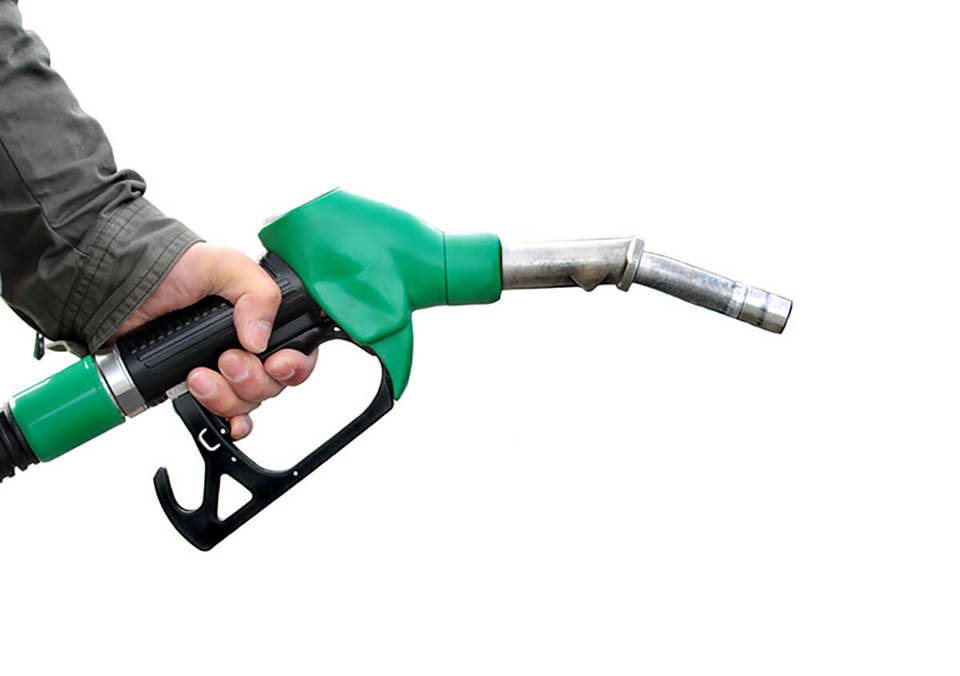Searching for the right petrol station to re-fuel is wasting fleets thousands of pounds each year, according to figures from Arval.
The fuel company is warning fleets against using a fuel card provider restricted to a limited number of sites in an effort to save money, as route deviation could instead end up costing them dear.
The warning comes in the wake of a recent pilot project that revealed Ricoh could reduce its fuel spend by nearly 15% (Fleet News, January 7).
The company was looking to tackle an annual fuel bill of almost £2.35 million from its fleet of 800 vehicles and employed a range of measures during the study.
But Arval claims that fleets choosing to buy fuel from a restricted number of sites, such as that highlighted in the study, face making the mistake of focusing purely on upfront costs and ignoring the issue of route deviation, something that – on a 500-strong fleet – it estimates could cost as much as £63,000 every year.
“Some drivers simply won’t have time or enough fuel in the tank to find a forecourt where they can fill up,” said Jenny Powley, sales director, Fleet Card at Arval
“Therefore they will stop at the closest filling station and pay for the fuel themselves which leaves them out of pocket and costs the company in administration to reimburse them.”
An average driver travelling 10 miles out of their way each week will incur additional costs of around £389 a year, based on Energy Saving Trust figures.
Also, if a driver wastes 15 minutes to deviate from their route, and they are paid £10 an hour, it will also cost the company £2.50 every time they deviate to fill up, claims Arval.
“There is little point in having guidelines to control fuel costs or mileage if drivers waste more in fuel looking for a particular brand where they can use their fuel card than they save through the fuel policy,” said Powley.
Case study
Mitie has an annual fuel spend of more than £11 million across its 4,000-strong fleet of vehicles, but was dealing with rising costs during the first half of 2009.
Increased fuel spend and high fleet mileage made it a priority to reassess the way that it purchased fuel and used fuel cards above hedging wholesale fuel and bunkered stocks.
“Selecting a fuel card with a limited network would have increased our costs and meant drivers travelling more miles than they needed to,” said Justin Patterson, head of fleet management for Mitie.
“We need to operate in the most effective and efficient way and any route deviation would stop us from doing this.”
By choosing to use a fuel card provider not restricted to a limited number of sites, the Mitie fleet saved itself from an additional 624,000 miles, which would have cost the business £439,360, as well as increasing its emissions by 187 tonnes in CO2, according to Arval.
















Login to comment
Comments
No comments have been made yet.